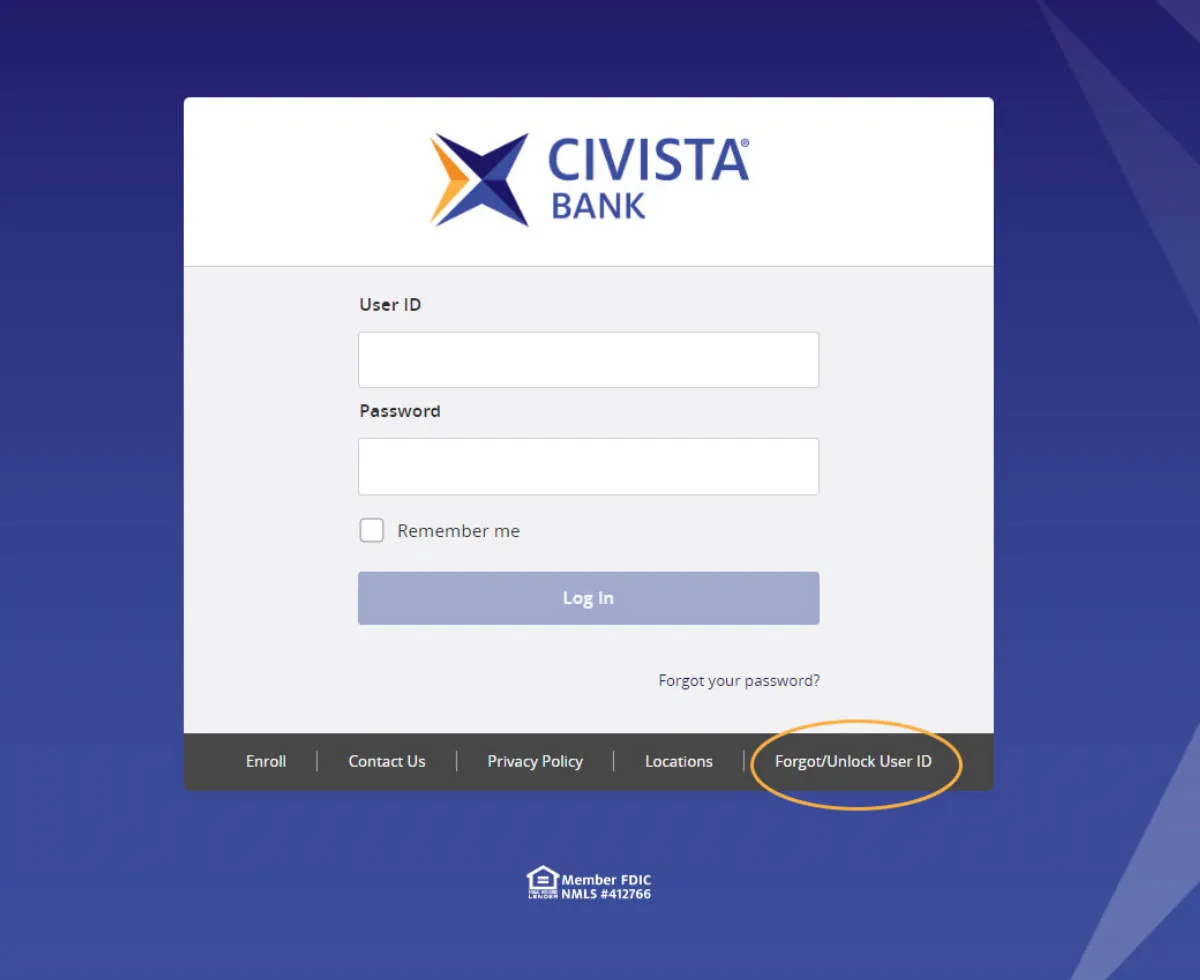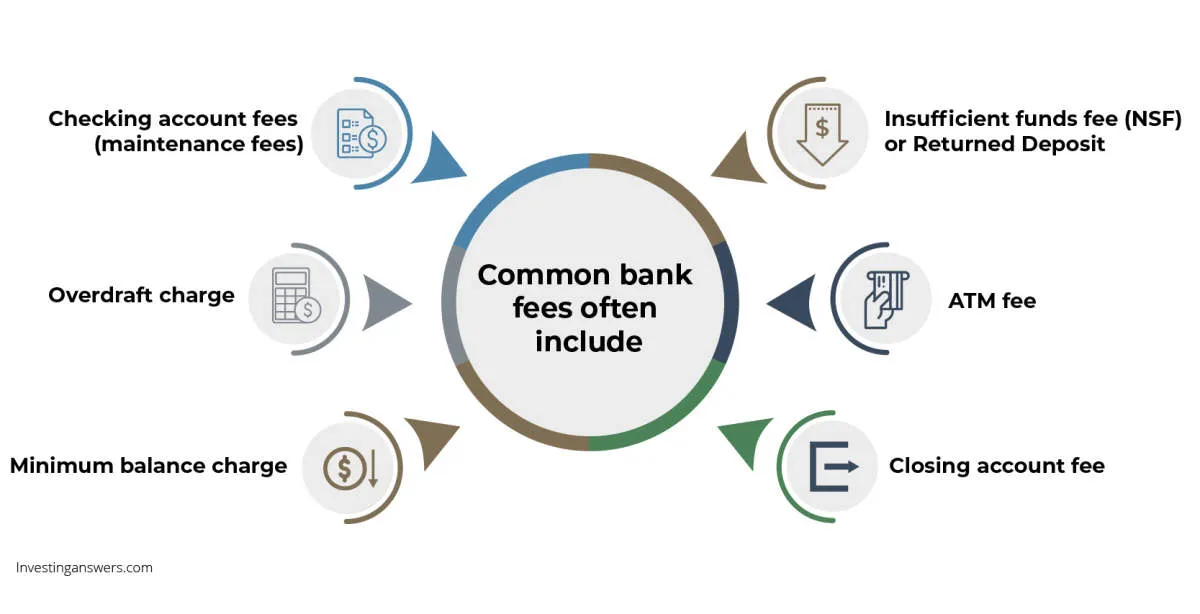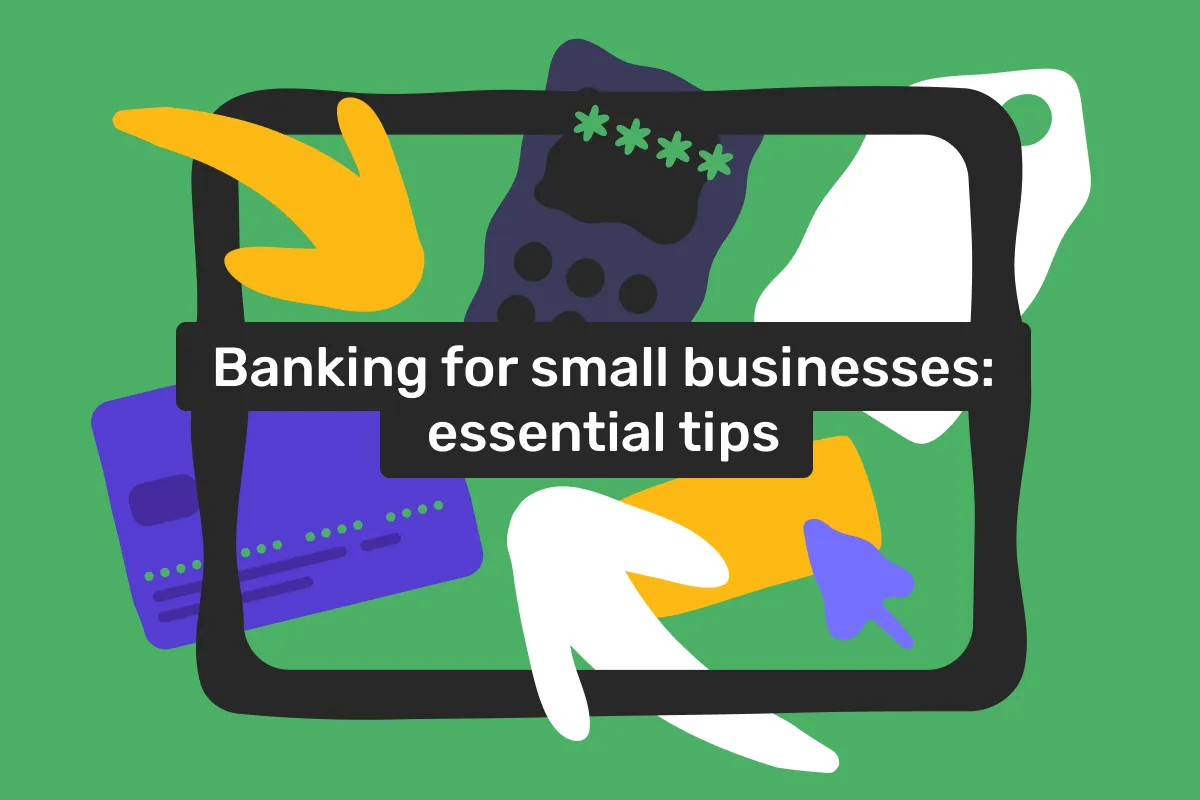Small business owners can improve their financial management with these top 7 banking tips, from finding the right business account to leveraging online banking tools.
Choose the Right Bank

Not all banks are created equal, especially when it comes to serving the unique needs of small businesses. Selecting the right financial partner can significantly impact your business’s growth and financial health. When choosing a bank, consider these factors:
1. Services Tailored for Small Businesses:
Look for banks that offer specific services geared towards small businesses, such as:
- Business checking accounts with flexible transaction limits and low fees
- Business credit cards with rewards programs tailored to your spending habits
- Small business loans and lines of credit with competitive interest rates and flexible terms
- Merchant services, including point-of-sale systems and online payment processing
2. Fees and Interest Rates:
Compare fees associated with various accounts and services, including:
- Monthly maintenance fees
- Transaction fees
- ATM fees
- Loan origination fees
Additionally, compare interest rates on loans and savings accounts to ensure you’re getting competitive rates.
3. Technology and Digital Tools:
Evaluate the bank’s online and mobile banking platforms. Look for features that simplify financial management, such as:
- User-friendly online banking interface
- Mobile check deposit
- Bill pay and money transfer capabilities
- Integration with accounting software
4. Local Branch Access and Customer Support:
Consider the bank’s branch network and availability of customer support. Decide if you value:
- Having a local branch for in-person banking services
- 24/7 customer support availability through phone, email, or online chat
5. Bank Reputation and Reviews:
Research the bank’s reputation and read reviews from other small business owners. Look for institutions with a track record of:
- Excellent customer service
- Competitive products and services
- Strong financial stability
Separate Personal and Business Finances

One of the most crucial banking tips for small business owners is to keep personal and business finances completely separate. This practice offers a multitude of benefits, including:
- Simplified Accounting: Mixing personal and business expenses creates a tangled web that makes tracking income, expenses, and profitability far more complex. Separate accounts offer a clear picture of your business’s financial health.
- Tax Advantages: When tax season arrives, having separate accounts makes it significantly easier to identify legitimate business expenses and maximize your deductions, potentially saving you money.
- Professional Image: Using a dedicated business account presents a more professional image to clients and suppliers, fostering trust and credibility.
- Legal Protection: In the unfortunate event of a lawsuit or audit, separate finances help establish the legitimacy of your business and protect your personal assets.
Open a dedicated business checking and savings account to deposit business income and cover expenses. This separation is fundamental for effective financial management and the long-term success of your business.
Keep Accurate Financial Records

Maintaining meticulous financial records is non-negotiable for any small business owner. This practice not only ensures you meet your tax obligations but also provides valuable insights into your business’s financial health, enabling you to make informed decisions.
Consider these tips for effective record-keeping:
- Separate Business and Personal Finances: Open a dedicated business bank account and credit card to avoid commingling funds, simplifying accounting and tax preparation.
- Track All Income and Expenses: Use accounting software or spreadsheets to record every transaction. Categorize expenses diligently for accurate financial reporting.
- Reconcile Bank Statements Regularly: Compare your bank statements with your records monthly to identify discrepancies and prevent fraud.
- Preserve Important Documents: Keep invoices, receipts, tax records, and other relevant documents organized and accessible. Consider digital storage solutions for easy retrieval.
- Seek Professional Help: Consider hiring a bookkeeper or accountant, especially if record-keeping feels overwhelming. Their expertise ensures accuracy and frees your time for core business operations.
Use Online Banking Tools

In today’s digital age, online banking tools are essential for small business owners. These platforms offer a convenient and efficient way to manage your finances, saving you time and effort.
Benefits of using online banking for your business:
- Real-time account monitoring: Track your income, expenses, and account balances anytime, anywhere.
- Online bill pay: Schedule and pay bills electronically, ensuring timely payments and avoiding late fees.
- Mobile banking: Manage your finances on the go using your smartphone or tablet, depositing checks, transferring funds, and paying bills from anywhere.
- Transaction history and reporting: Access your transaction history, download statements, and generate reports for accounting and tax purposes.
- Automated alerts: Set up alerts for low balances, unusual activity, or upcoming payments, helping you stay on top of your finances and prevent fraud.
By taking advantage of online banking tools, you can streamline your financial operations, improve efficiency, and gain better control over your business finances.
Manage Cash Flow Effectively

Solid cash flow management is crucial for the survival and growth of your small business. Here’s how to stay on top of it:
- Track Your Income and Expenses: Use accounting software or spreadsheets to meticulously record every dollar coming in and going out of your business. This gives you a clear picture of your financial health.
- Invoice Promptly and Follow Up: Send invoices as soon as work is completed or products are delivered. Don’t hesitate to follow up with clients who have outstanding payments.
- Negotiate Favorable Payment Terms: When dealing with suppliers, try to negotiate longer payment terms. This allows you to hold onto your cash for a longer period.
- Build a Cash Flow Cushion: Aim to have 3-6 months of operating expenses saved up in a business savings account. This provides a safety net for lean times or unexpected expenses.
- Forecast Your Cash Flow: Use historical data and projections to estimate your future cash inflows and outflows. This helps you anticipate potential shortfalls and take action to mitigate them.
Consider Business Loans

Business loans can be a valuable tool for small business owners looking to start, grow, or manage their businesses. Here are a few reasons why you should consider business loans:
- Access to capital: Business loans can provide you with the funding you need to cover startup costs, purchase inventory, invest in equipment, or expand your operations.
- Flexibility: There are a variety of business loans available, each with its own terms and conditions. This allows you to choose a loan that meets your specific business needs.
- Tax advantages: The interest you pay on business loans is often tax-deductible, which can save you money come tax time.
- Build business credit: Making timely payments on your business loan can help you build a strong business credit history, which can make it easier to secure financing in the future.
Before applying for a business loan, it’s important to carefully consider your financing needs, repayment ability, and the terms of the loan. Work with a reputable lender and explore different loan options to find the best fit for your business.
Understand Banking Fees

Banking fees can be a significant expense for small businesses, so it’s crucial to understand what you’re being charged for and how to minimize these costs. Different banks and account types come with various fee structures.
Pay close attention to these common banking fees:
- Monthly maintenance fees: Many banks charge a monthly fee for business checking accounts. Some banks waive this fee if you maintain a minimum balance.
- Transaction fees: You might encounter fees for exceeding a certain number of transactions, exceeding deposit limits, or using out-of-network ATMs.
- Wire transfer fees: Sending or receiving wire transfers typically incurs a fee.
- ACH transfer fees: While often cheaper than wire transfers, some banks still charge for ACH transactions.
- International transaction fees: Doing business internationally can lead to fees for currency conversions or foreign transactions.
- Early account closure fee: Some banks might impose a fee if you close your account within a specific timeframe of opening it.
Tips to Minimize Banking Fees:
- Shop around and compare: Different banks offer varying fee schedules. Compare options to find an account that aligns with your transaction volume and needs.
- Negotiate: Don’t hesitate to negotiate with banks, especially if you have a good credit history or can maintain a high account balance.
- Consider online banks: Online banks often have lower overhead costs, which can translate to lower fees for their customers.
- Read the fine print: Carefully review all account terms and conditions to understand the fee structure before committing to a bank.
Conclusion
In conclusion, implementing these top 7 banking tips can greatly benefit small business owners in managing their finances effectively and securing their business’s financial stability.

